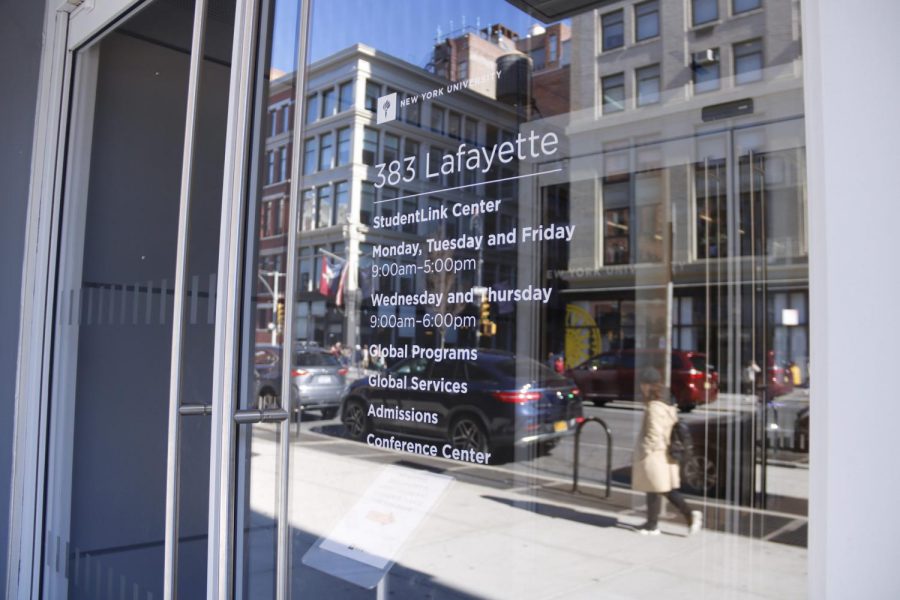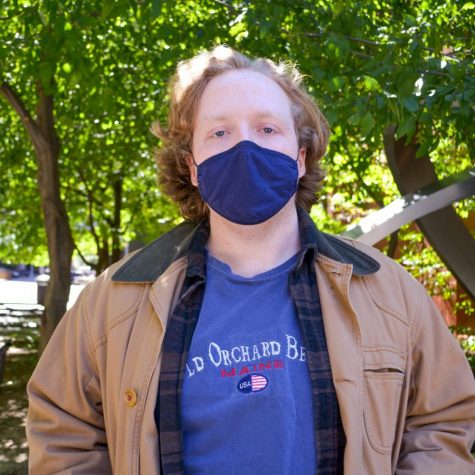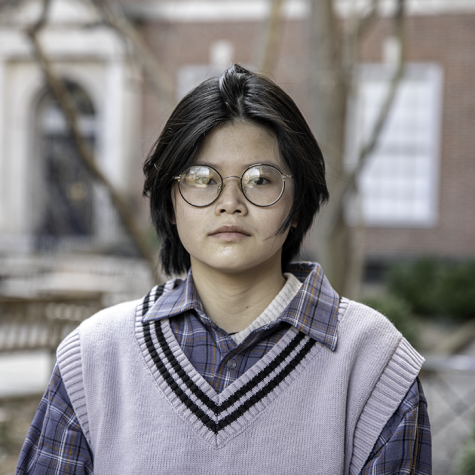While the possibility of a fully remote semester looms as COVID-19 cases continue to increase across the United States, NYU has decided to raise tuition rates for the upcoming fall semester.
The price of 12 to 18 credits for an undergraduate at Tandon and Stern will be increased by $769 and $838, respectively, while Tisch and other schools will see an increase of $760. Registration and services fees (which do not include the individual fees for certain programs) are also being increased by $21 for Tandon and $26 for every other school.
The 2.95% tuition increase from 2019 is similar to previous annual tuition increases, with the 2019 tuition raising across most schools by 2.86% while 2018 tuition prices rose by 2.9%. Tuition at Tandon rose by 4.19% in 2019 and 4.36% in 2018 while still remaining the cheapest of undergraduate tuitions.
“The tuition increase for the 2020-21 academic year was developed in a manner consistent with prior years,” university spokesperson John Beckman said in a statement to WSN. “We reviewed the proposed budget and proposed tuition increases with the University Senate’s Financial Affairs Committee, University leadership, and the Board of Trustees. Although this is a challenging time owing to COVID-19 and other issues, there is an ongoing need to invest in academic quality, student wellness, equity, inclusion and belonging, food insecurity, and financial aid. So, after a thorough review of all of these considerations, University leadership recommended and the Board of Trustees approved the tuition increase.”
But for some students this explanation feels tone-deaf to the economic hardships that the COVID-19 pandemic has put in place.
“Raising tuition during a pandemic and a period of extreme social-civil unrest is more than rubbing salt in the wound,” Jen Curran, a rising CAS junior, said in an email to WSN. “Like many students, I’ve been frustrated with the administration for making so many terrible decisions in recent months. They positively fumbled COVID, with the dorm evictions and condescending emails from Marc Wais, and have been largely uncommunicative about fall housing.”
George Machado, a rising senior in Tisch, says he had difficulty scraping together the money to attend each year — having to appeal his Financial Aid awards, use his Pell Grant and Stafford loan, and work with faculty within his department to get funding. After seeing students on Twitter lambast the university’s decision, Machado checked his Albert to see that his financial aid package was identical to last year’s despite the tuition increase. Now, Machado is considering taking a gap year.
“I take out $30,000 in loans and through funding and out-of-pocket cover the final $20-$30,000,” Machado said. “I’m not going to take on more debt for an experiment year — that’s insane.”
“I feel like it was a decision that was made in very poor taste honestly, because tuition increases naturally affect [especially low-income] Black, Latinx, and Indigenous students,” rising Gallatin senior Kaylee Lamarche told WSN. “This coronavirus situation is also disproportionately affecting these communities — and so is unemployment because of coronavirus — so I feel like this decision really didn’t consider the lived experiences of students right now who are relying on the university… And I feel like on top of that, the fact that we’re very likely going to be having classes online is really just like a slap in the face. Tuition is increasing but the experience in university isn’t going to be what you’re paying for necessarily because it’s going to be online.”
While NYU will make its final decision about the status of the fall semester by mid-July, students are now grappling with the decision of whether or not to pay a normal tuition fee when it seems that their university experience will be anything but.


























































































































































Nancy • Aug 31, 2020 at 9:29 pm
I’m a graduate student at NYU Rory Meyers. A majority of my colleagues and I are therefore part-time students, and full-time RNs working in hospitals. We are so shocked, disappointed, and speechless that NYU is charging us an extra $500/semester for remote learning as frontline workers in a global pandemic. No notice other than the bill. Really says a lot…
Kyle • Aug 25, 2020 at 11:14 am
I attend NYU and am shocked by their decision to raise tuition during this time. I am a regretful alum. Never will donate to NYU.
EL • Jul 21, 2020 at 3:28 pm
When I see this, all I can think about is how dirty and worn out everything is at NYU; you can literally see the layers upon layers of grime on door, desks, chairs etc. Why do we need to pay fees for things we won’t be using?!
Clare • Jul 21, 2020 at 2:28 pm
They’re no longer making the tuition Per credit transparent for the fall 2020-2021 term. Disappointing leadership.
James • Jul 15, 2020 at 3:04 pm
NYU is very time deaf to its students. It is a University that is woefully mismanaged. This pandemic exposed the faults of the administration and Board. The ROI on a NYU education is one of the worse in the country. The facilities are a joke compared to other institutions and the services are mediocre. As a parent I would pay my kid to NOT attend NYU and have a better shot at getting ahead when they graduate.